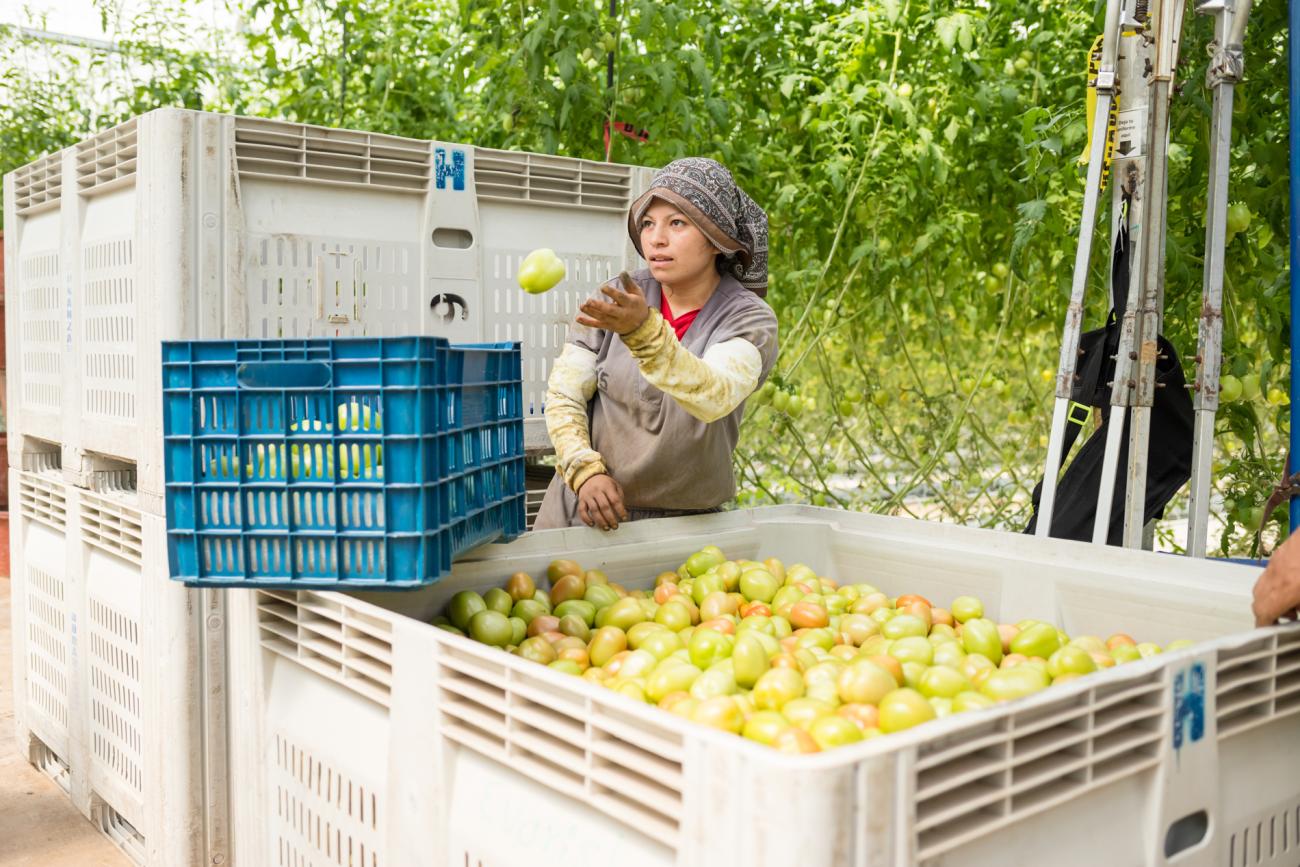Closing Gaps in the Social Protection of Women Workers in Mexico

In Mexico there are more than 20 million women outside the labour force because they are engaged in unpaid household and care work, according to the National Survey of Occupation and Employment of the National Institute of Statistics and Geography. There are also more than two million domestic workers, and more than 420,000 agricultural day labourers.
The economic value of unpaid domestic and care work represents more than 26 percent of Mexican GDP, according to the National Accounts System for 2021. Despite the enormous social and economic contribution these women make, their fundamental rights continue to lag behind. Access to social protection throughout the life cycle is a fundamental human right and a catalyst for sustainable development.
The National Care System is a strategic public policy area for the achievement of multiple SDGs and for the country’s longer-term sustainable development. With this in mind, and in line with the priorities of the Government of Mexico, my office worked closely with ILO, FAO and UN Women together with national counterparts to identify priorities and strategic actions. That is how the program "Closing Gaps: Social Protection for Women in Mexico" was born in 2020.
Funded by the UN Joint SDG Fund, the program brought together the expertise of each agency to provide a more comprehensive and effective response to the needs of these groups of working women in Mexico, while also benefiting those in need of care.
Two years after the beginning of its implementation, the program represents a turning point for the social protection of vulnerable working women in Mexico. One the reasons for its success has been the close dialogue and coordination between the UN and the Government of Mexico at federal and state level, the private sector, academia and civil society.
Together, we developed policies and pilot projects to advance the SDGs and helped lay the foundation for a National Care System. Today, we have evidence for decision-makers showing that investing in care services is economically viable and contributes to social well-being.
We also contributed to the creation of a permanent social security system for domestic workers and supported the Mexican Social Security Institute (IMSS) in implementing this policy at the federal level through the pilot program of social security for domestic workers. As a result, more than 54,000 domestic workers in Mexico have been enrolled, a 700 percent increase in the number of affiliated women.
In addition to this we strengthened the capacities of more than 1,800 key actors, including women workers and unions, who developed skills in labour rights, social protection and gender equality to improve their ability to organize and demand their rights.
Two social protection strategies were also designed for female agricultural day labourers in Jalisco and Oaxaca. As part of these efforts, we supported the establishment of a collaboration agreement between the local governments of these two states, as well as with the private sector to help increase social protection for migrant agricultural day labourers.
This was complemented by the #EsLoJusto campaign (It is only fair), launched together with 20 government and civil society agencies to promote domestic work as dignified employment, which generated huge engagement on social media and helped turn the country's attention to the rights of these women.
Supporting the creation of a National Care System and ensuring that vulnerable women remain at the center of the 2030 Agenda for Sustainable Development will help catalyze social and economic transformations in key sectors. Closing Gaps offers an example of how by working together we can respond to complex challenges and move closer to delivering more effectively on the promise of leaving no one behind.
This week, the sixty-seventh session of the Commission on the Status of Women (CSW67) continues in New York under the priority theme of "Innovation and technological change, and education in the digital age for achieving gender equality and the empowerment of all women and girls".
This blog was written by UN Resident Coordinator in Mexico Peter Grohmann, and was originally published by the UN Joint SDG Fund. This version was adapted and edited by UN DCO. To learn more about the work of the UN in Mexico visit Mexico.un.org
Watch this video to learn more about the UN's efforts to strengthen social protection for women workers.













